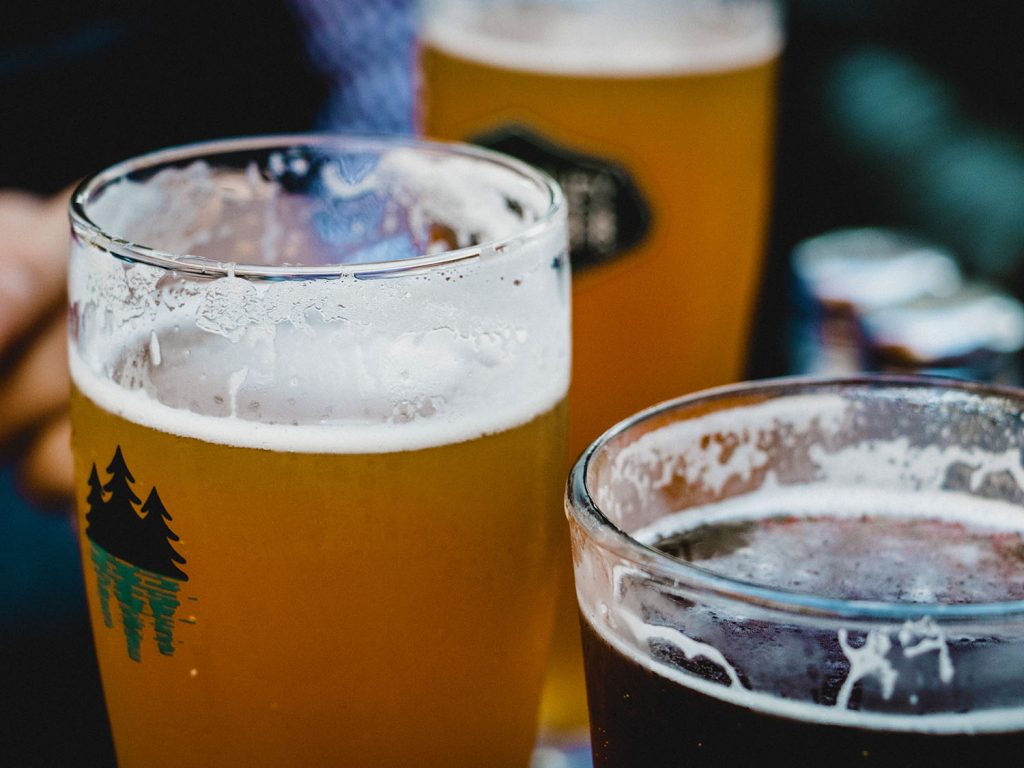Drinking Alcohol Before Surgery: How Mixing Alcohol & Anesthesia Affects Your Recovery
- Alcohol and anesthesia just don’t mix, and can negatively impact your surgery and recovery process.
- It’s important to take a break from booze at least 24 hours before surgery. For better results, it’s a good idea to stop drinking at least a week before your procedure.
- The list of medical complications that can come with drinking close to surgery is extensive. The risk that drinking poses to patients before a procedure is severe and can ultimately compromise the outcome of the operation.
When it comes to combinations that don’t mix well, alcohol-and-anesthesia tops the list (no surprise there!). At Mend Well, we’re all about offering patients the knowledge they need to maximize their chance for a speedy, seamless surgery recovery—and, unfortunately, nothing affects your body’s ability to heal more negatively than alcohol before surgery. Today, then, we’re breaking down all you need to know about alcohol, anesthesia, and why kicking cocktails to the curb before your procedure is an absolute must.
Should you stop drinking alcohol before surgery?
In a word—yes! If there’s ever a time to refrain from imbibing, it’s before you’re about to go under the knife. While different medical professionals will have varying requirements for how long before anesthesia patients should stop drinking, they all agree on one thing: patients should definitely stop drinking alcohol before surgery.

How long should you stop drinking alcohol before surgery?
While the general consensus is to stop drinking alcohol at least 24 hours before your procedure, medical professionals tend to agree that, the longer you can refrain from alcohol before surgery, the better. If you want to ensure you heal as fast and easily as possible, refraining from alcohol for at least one week prior to your procedure is a great rule of thumb.

Why do you need to stop drinking alcohol before surgery?
- You’re more vulnerable: According to The Guardian, adults admitted to hospital who “drink three beers or two glasses of wine every day for a prolonged period” were more likely to “fall victim to things like pneumonia or heart muscle disease or suffer complications such as bleeding after surgery.” But a compromised immune system isn’t just a result of prolonged, regular drinking. Recent research has pointed to the fact that even acute alcohol exposure—single-time binge drinking (greater than four drinks for a female or greater than five drinks for a male)—has comparable effects on how your immune system responds to challenges.
- You’re more likely to bleed excessively and heal slowly: Alcohol is a blood thinner—and, during an invasive procedure, it’s imperative your blood is able to clot normally so you don’t bleed excessively. Having alcohol in your system during surgery both increases your risk for losing blood on the operating table and increases your chances of your incisions not healing properly, which prolongs your recovery.
- You’re more likely to have serious post-op complications: According to an Annals of Surgery analysis referenced by Reuters, “People who have more than a couple of alcoholic drinks every day tend to have more complications after surgery than teetotalers or light drinkers,” with infections and slow wound healing among the two most common complications of heavy drinking. That same analysis found that “Heavy drinkers were also 73 percent more likely to contract a post-op infection, 80 percent more likely to have difficulty breathing and 29 percent more likely to be admitted to the intensive care unit than non-drinkers, according to results published in the Annals of Surgery.”
- Your body doesn’t metabolize anesthesia as it normally would: From Pennsylvania-based Cosmetic Surgeon Dr. Lori Cherup, we know that, “Your body gets used to metabolizing alcohol when you drink even two days in a row. Alcohol dehydrogenase is an inducible liver enzyme, meaning the more alcohol you drink, the liver must make more of this enzyme….When you drink alcohol before anesthesia, the alcohol can interfere with normal anesthetic drug metabolism.” In other words, anesthesiologists dose patients with anesthesia drugs based on the way they expect your body to respond—having alcohol in your system makes your body’s response to anesthesia drugs far less predictable.
Overall, when it comes to alcohol before surgery, your best bet is to refrain from drinking and allow your body to detox for as long as possible leading up to your procedure. Skipping a friend’s birthday celebration or saying no to that coveted glass of wine with dinner every night is a small price to pay in exchange for a fast, healthy, seamless recovery.
(Psst..wondering about smoking before surgery, too? Check out our post on why you should stop smoking before surgery and pro tips to help you quit.)


